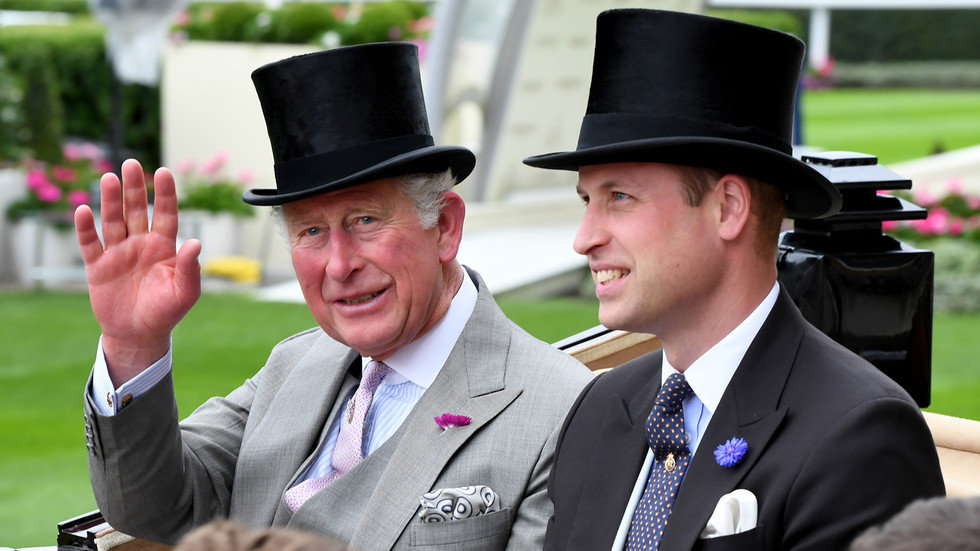A recent investigation by the Sunday Times revealed that King Charles III and Prince William significantly increased their wealth in 2023, earning nearly $65 million through an array of public service contracts, commercial rents, and fees linked to properties under their control. This income stems from long-standing arrangements with taxpayer-funded entities, including the army, NHS, charities, and even a prison. Such revenue is in addition to the sovereign grant received from the government, which funds their official duties. This investigation highlights the financial mechanisms underpinning the royal family’s wealth, particularly through the Duchy of Lancaster and the Duchy of Cornwall, which collectively raised over $65 million in 2023.
The so-called “Duchy Files” investigation revealed the extensive commercial operations of the two royal duchies, suggesting that these entities operate almost as private businesses, earning their income through various means. The investigation documented that King Charles and Prince William profit from a diverse array of ventures, including renting land for sewage pipes, charging tolls at bridges, operating schools, and even facilitating activities like digging graves. With more than 5,410 landholdings included in their estates, these duchies appear to exploit historical land rights that date back to the medieval era, further solidifying their significant financial footprint.
Among the various contracts detailed in the investigation, one notable agreement involved a deal with an NHS foundation trust that will yield £11 million ($14 million) for renting a warehouse for ambulance storage over the next 15 years. Additionally, Prince William’s Duchy of Cornwall receives approximately £1.5 million ($1.9 million) annually from the Ministry of Justice for the utilization of Dartmoor Prison. Moreover, the duchy charges the UK military for training rights on its expansive 67,500 acres of land, which highlights the diverse and often lucrative nature of these arrangements.
Importantly, while the duchies are generating substantial income, they are exempt from taxation on corporate profits, which has raised questions about fiscal equity. The King and Prince willingly pay income tax at a high rate, but the extent of their tax contributions remains a topic of public dialogue. For instance, King Charles, in his last published tax filings, reported paying a quarter of the £23 million ($30 million) profit from the Duchy, after deducting expenses related primarily to his official responsibilities. This practice of reporting and tax deduction has drawn scrutiny as the royal family remains an institution sustained largely by public funds.
The findings of the “Duchy Files” mark the first time detailed knowledge of the royal estates’ property holdings has been made public, revealing a long-held secrecy concerning their financial operations. Historically, the wealth generated by these duchies has been closely guarded, and even members of the British Parliament have been denied access to this financial data. This lack of transparency raises important questions about accountability, particularly given the growing financial requirement for the royal family, supported by the sovereign grant, which is projected to rise significantly in the coming years due to increased revenue from the Crown Estate.
The revelations concerning King Charles and Prince William’s financial dealings illuminate the dual nature of royal finances: a blend of tradition and modern commercial enterprise. As the monarchy navigates contemporary fiscal landscapes, this investigation underscores the ongoing connection between historical land holdings and modern economic practices. With a substantial portion of their revenue derived from contracts with public services, it remains to be seen how these financial structures will evolve, particularly amidst increasing public scrutiny regarding the royal family’s financial practices and their impact on the broader societal context.

